Religion is making a rare appearance on the campaign trail this week in a presidential election that has dwelled less on candidates’ personal faith than any in recent memory.
Vice President Kamala Harris is planning to attend services and speak at the New Birth Missionary Baptist Church outside Atlanta on Sunday, while her running mate, Minnesota Gov. Tim Walz, will visit Victorious Believers Ministries in Saginaw, Michigan.
Meanwhile, former President Donald Trump on Thursday criticized Harris for skipping the Al Smith dinner in New York City, a high-profile fundraiser for Catholic charities, saying her absence was “very disrespectful to our great Catholic community.” Harris instead sent a video.
While candidates in both parties have traditionally sought to play up their piety to appeal to religious voters and signal their personal integrity, Harris, Trump and their running mates have not centered their faith this year.
That’s a marked contrast from President Joe Biden, a lifelong Catholic who regularly attends services, quotes hymns and figures like St. Augustine, and can be seen on Ash Wednesday with ash on his forehead.
Barack Obama’s religion was a major factor in his 2008 campaign, both for its influence on his oratory and the criticism of his relationship with his former pastor Jeremiah Wright, a controversial figure whom Obama ended up rebuking.
Obama cut his teeth in Chicago as a community organizer working for a coalition of Catholic churches. And his comfort in religious settings was apparent throughout his presidency, from the five times he invoked God in his first inaugural address to his impromptu singing of “Amazing Grace” at Mother Emanuel AME Church after a white supremacist killed nine at the historic Black church in Charleston, South Carolina.
But the United States has grown even more secular in the eight years since Obama left office, with a record 28% of U.S. adults now identifying as religiously unaffiliated, according to Pew, surpassing evangelical Protestants and Catholics to now be the largest religious group in the country.
As recently as 2007, when Obama was preparing his first presidential run, the religiously unaffiliated — who include people who identify as atheists, agnostics and “nothing in particular” — made up just 16% of the country in Pew’s data.
And presidential historian Michael Beschloss said Americans have grown more cynical about their politicians and what their religious affiliation might say about their character.
“We’ve learned a lot about a lot of politicians who seemed to be very religious but did not necessarily follow the tenets of their faith in one way or another,” said Beschloss, noting religion has become as much about policy as personality. “So for many people, religion may no longer say much about someone’s personal character.”
There’s now less incentive for candidates to play up their religiosity — and even potential peril with irreligious voters, especially on the left — said Massimo Faggioli, a Villanova University theology professor who wrote a spiritual biography of Biden.
And Harris and Trump, along with their running mates, have complicated religious backgrounds that are harder to “sell” politically than Biden’s familiar Catholicism, he said.
“There’s secularism on one side and a more complicated religious mix on the other side,” said Faggioli. “And for Harris, there’s a risk where religion is associated in the eyes of some voters as a form of oppression.”
Trump’s coalition is powered in large part by evangelical Christians, but their support for him is based more on a shared political agenda than a spiritual connection. Just 8% of people who had a positive view of Trump earlier this year thought he was “very” religious, according to Pew.
Trump was raised Presbyterian but in 2020 said he considers himself a nondenominational Christian, though he is not known to attend services regularly.
“There’s no pretense anymore that this is a true love story. It’s a marriage of convenience,” said Faggioli. “The relationship has become much more transactional.”
Indeed, at the Al Smith dinner, Trump made that plain: “Catholics, you’ve got to vote for me. You better remember: I’m here and she’s not.”
Harris, on the other hand, is a rare political figure who may have downplayed her spiritual life in public, given anti-religious sentiments in her native California Bay Area and a complicated personal religious journey.
Harris is a Baptist who was raised by a Black Anglican father and an Indian Hindu mother and is now married to a Reform Jewish husband.
She’s a longtime member of San Francisco’s historic Third Baptist Church and has a deep relationship with its pastor, the Rev. Amos Brown. As vice president, she has attended services at Baptist churches in the Washington, D.C., area and in 2022 spoke at the National Baptist Convention.
Brown was one of the first people Harris called after Biden decided not to run for re-election, and she managed his campaign for the San Francisco Board of Supervisors in 1999.
“She’s a strong, spiritual person who comes from a strong, spiritual family that we’ve known for a very long time now,” Brown said in an interview with a newspaper in his native Mississippi earlier this year.
Harris’ husband, Doug Emhoff, said in his Democratic National Convention speech that “Kamala has connected me more deeply to my faith” and that they attend both synagogue and church on holy days.
In her 2019 memoir, Harris wrote about her mother making sure she was exposed to both Hindu and African American Christian religious traditions, adding that she and her sister, Maya, sang in the choir at the 23rd Avenue Church of God in Oakland.
“I believe we must live our faith and show faith in action,” she wrote.
But aside from asking Brown to give the closing prayer at the convention this summer and some occasional references to her church, especially when speaking with Black audiences, Harris rarely speaks of God, and her oratorical style is more prosecutor than preacher.
“I grew up in the Black church,” Harris told radio host Charlamagne tha God last week when a pastor asked about partnering with faith communities. “Our God is a loving God. Our faith propels us to act in a way that is about kindness and justice, mercy.”
She contrasted that with what she said was Trump’s belief that strength is “who you beat down,” which she called “absolutely contrary to the church I know.”
Walz, meanwhile, was raised Catholic but became Lutheran after marrying his wife, Gwen. Lutheranism is a major Protestant denomination, but in the U.S. it is almost entirely concentrated in the Upper Midwest, with little salience in the rest of the country, where it comprises just a small percentage of the population.
Walz rarely speaks about his religion, joking at times that his Midwestern sensibilities make it difficult to open up.
“Because we’re good Minnesota Lutherans, we have a rule: If you do something good and talk about it, it no longer counts,” Walz joked at a speech to trade unions this year.
Meanwhile, Trump’s running mate, Sen. JD Vance, R-Ohio, has written about his own personal journey. Raised evangelical but rarely attending services, he became an atheist as a young adult before converting to conservative Catholicism as an adult.
Vance’s wife, Usha, grew up Hindu in a “religious household,” and she and Vance were married in an interfaith ceremony that included both Bible readings and a Hindu pandit.
Those stories of conversion, intermarriage and back-seat religiosity reflect the spiritual life of Americans today, but may not make for tidy stories on the stump.
“If you are not comfortable talking about religion, it really shows, so it makes sense not to,” said Faggioli.
.png)
 12 hours ago
14
12 hours ago
14

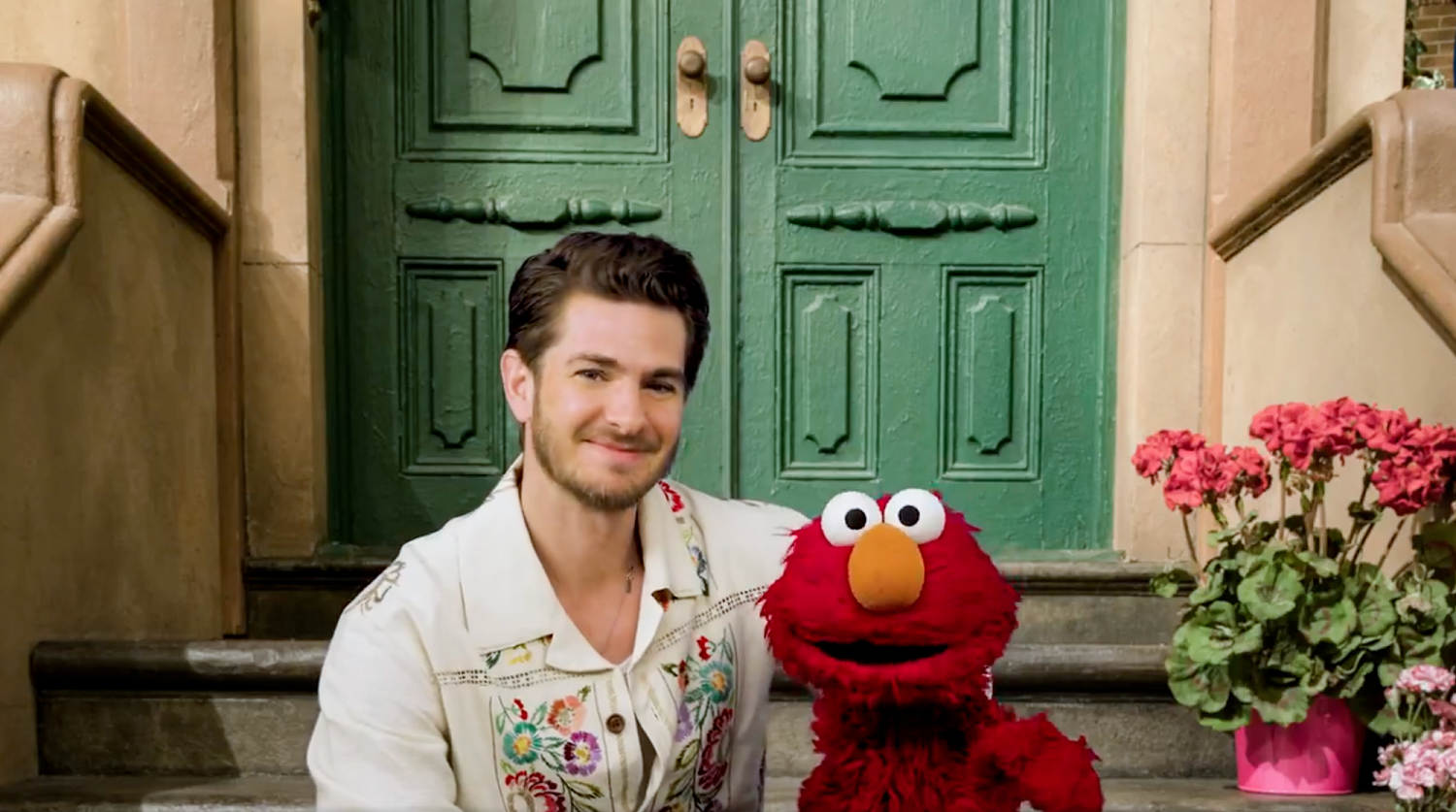



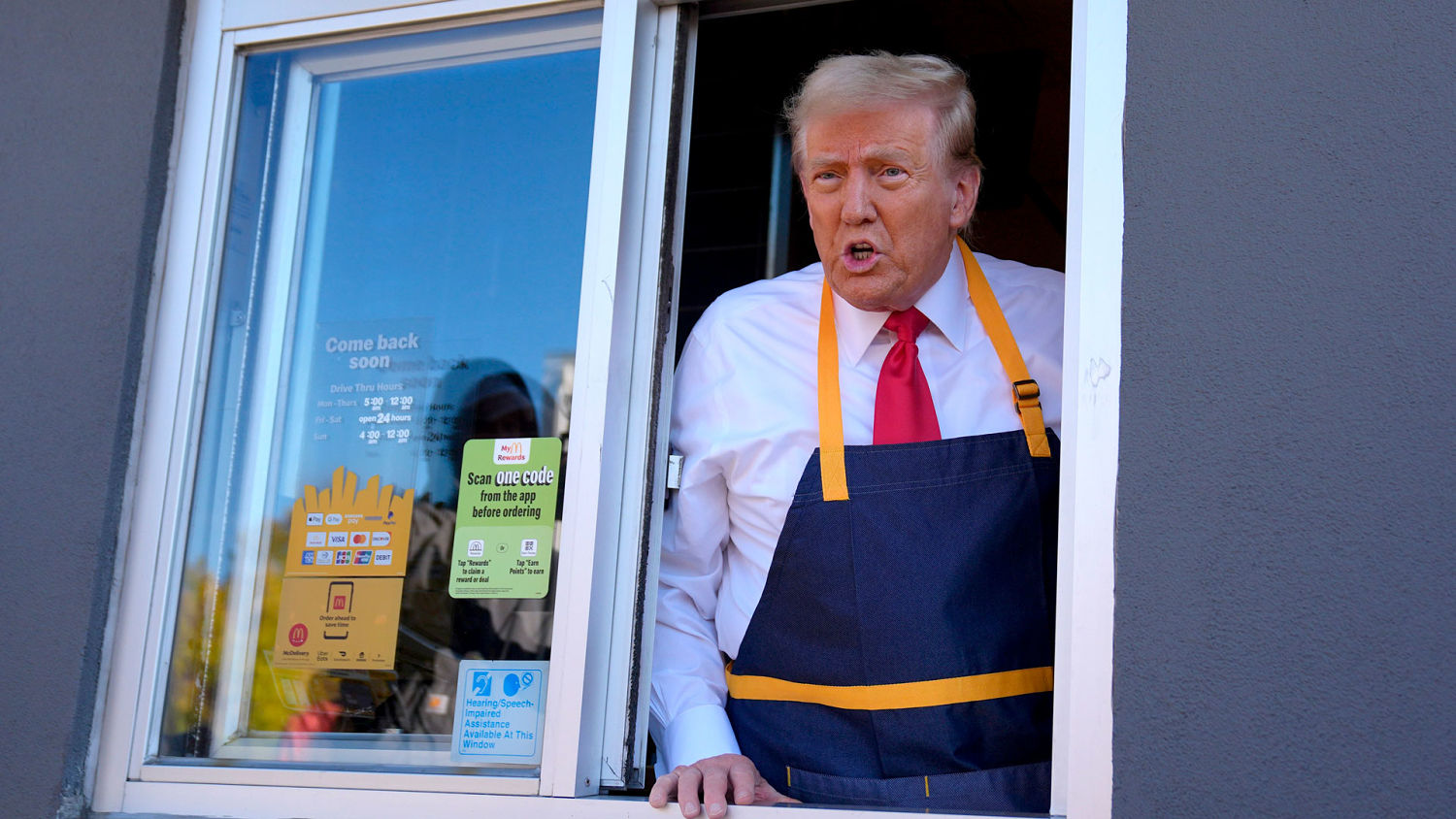

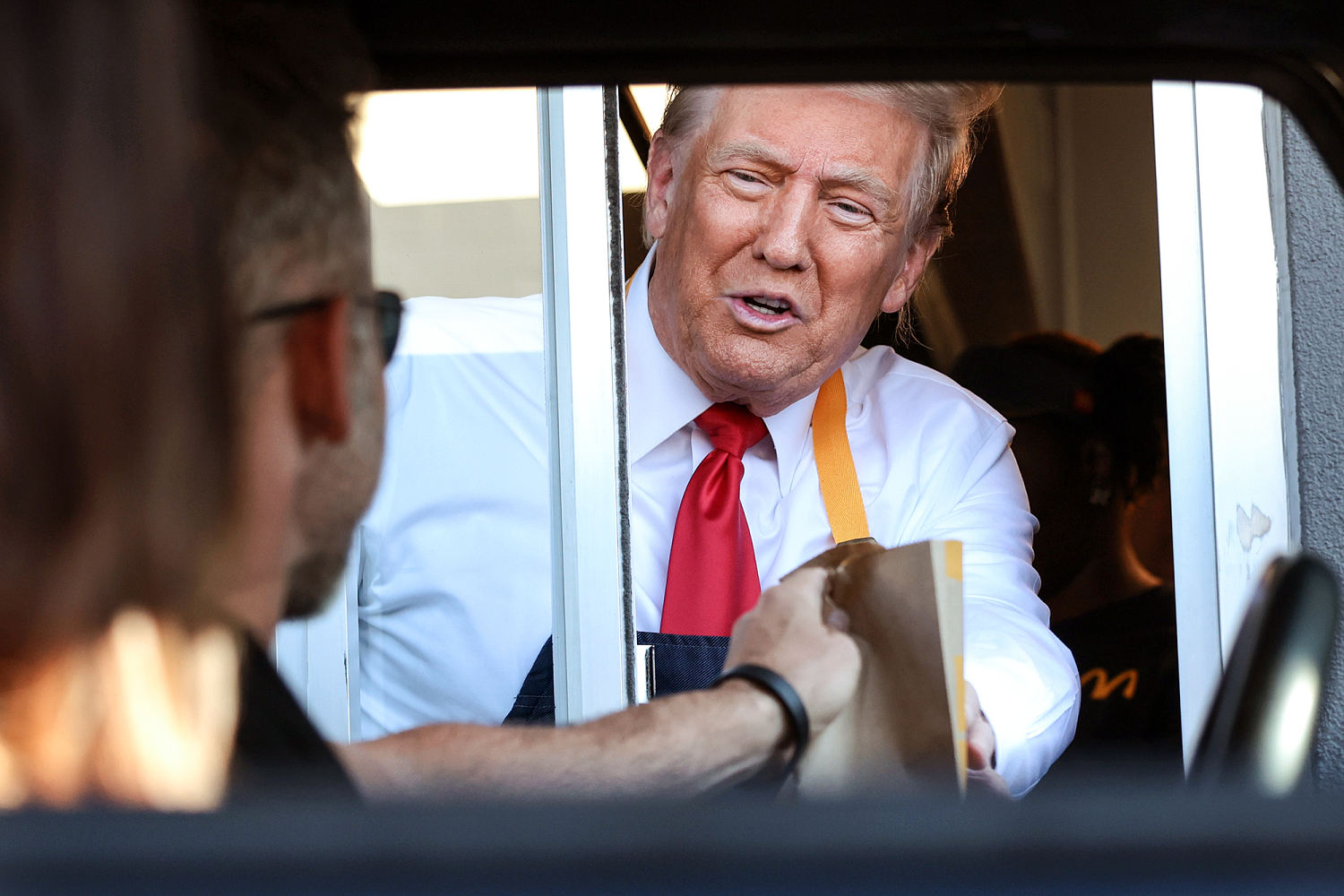
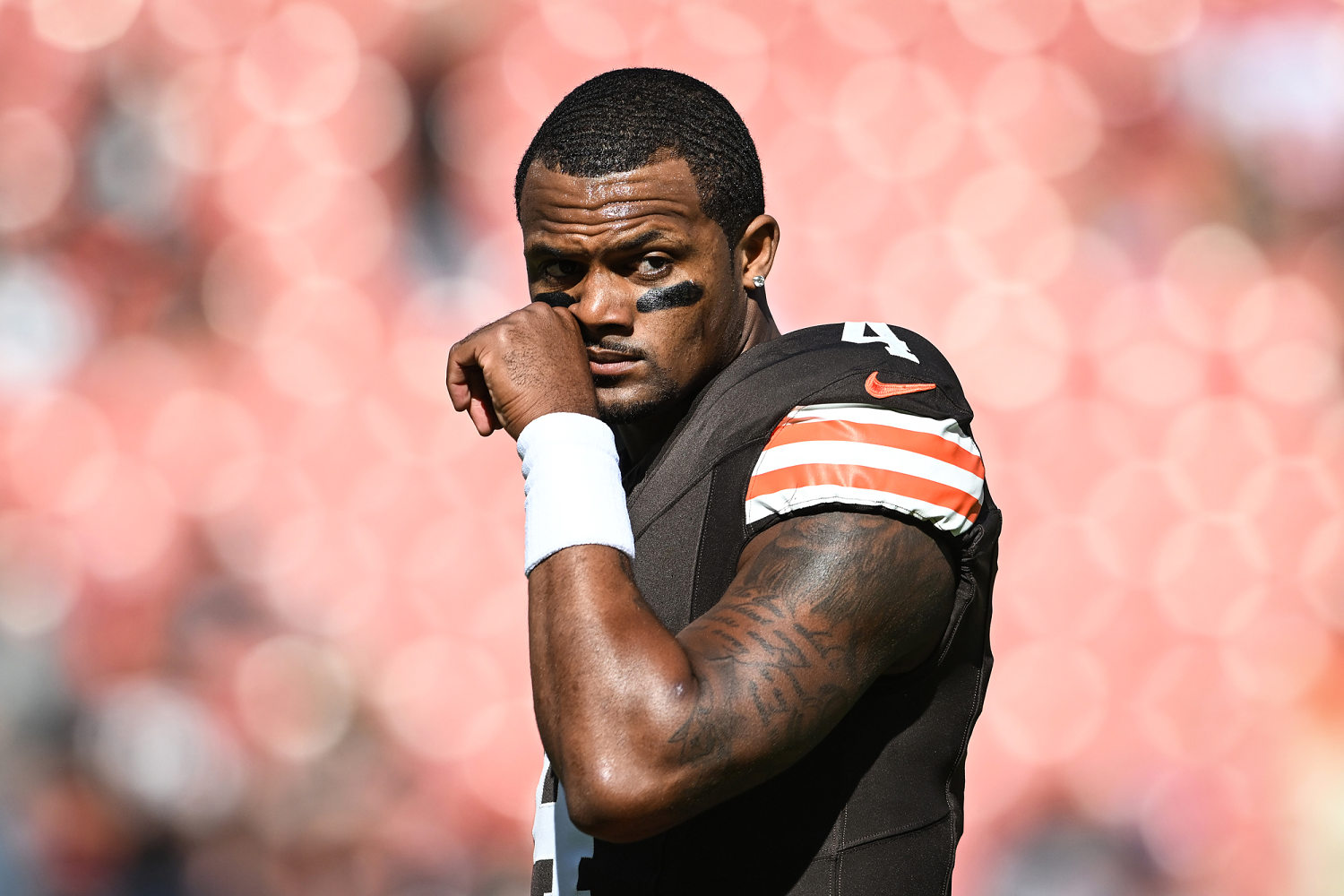














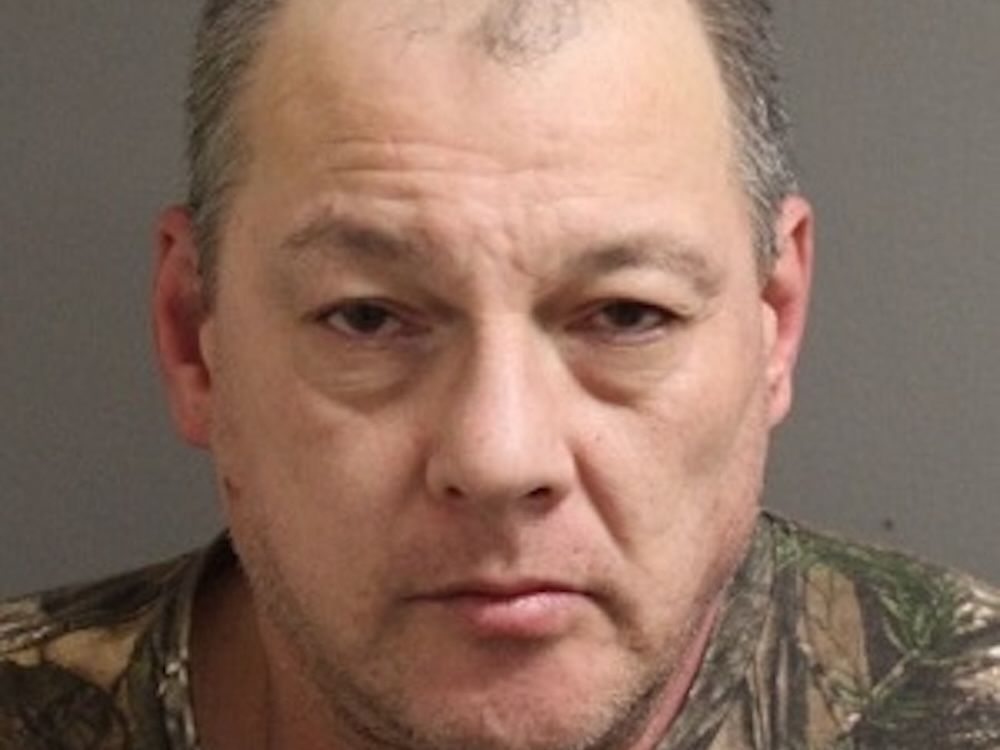
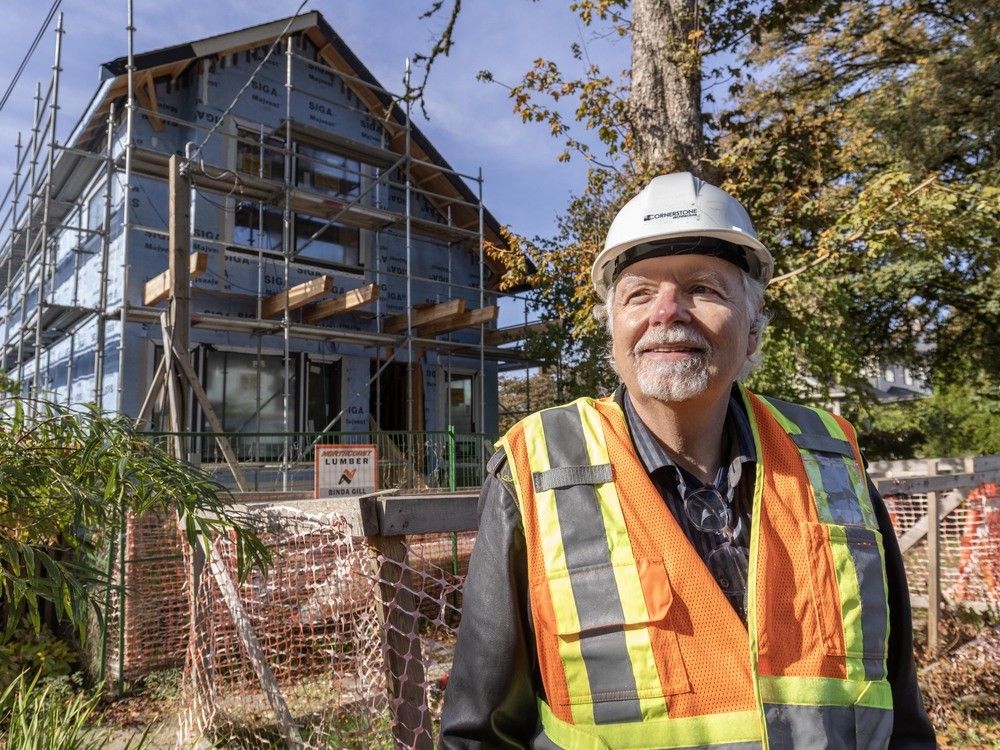
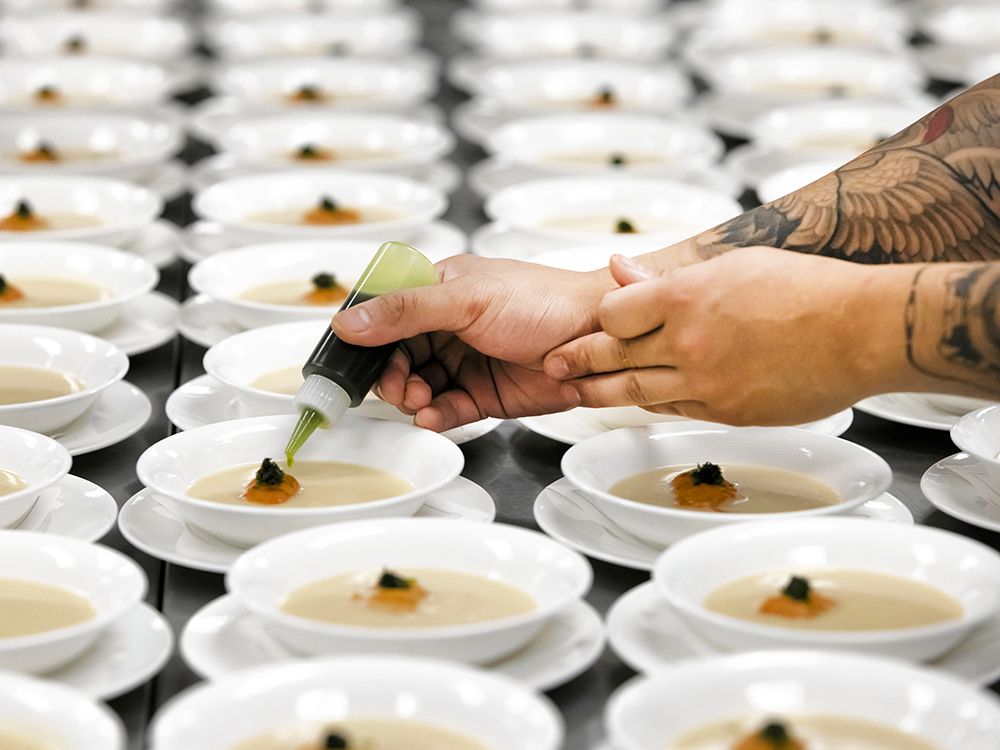

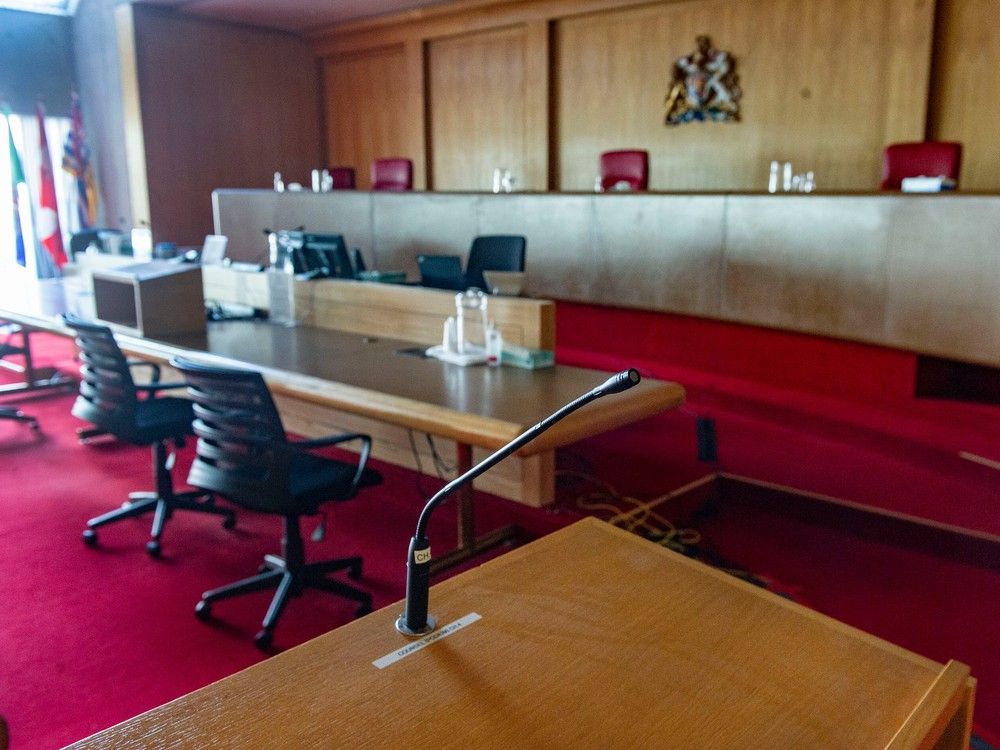
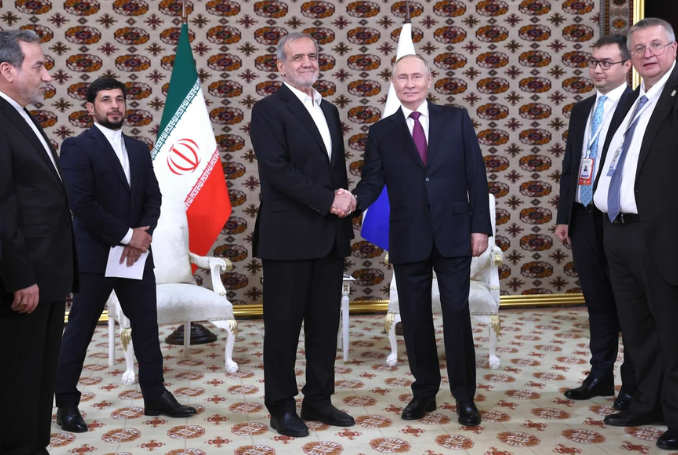


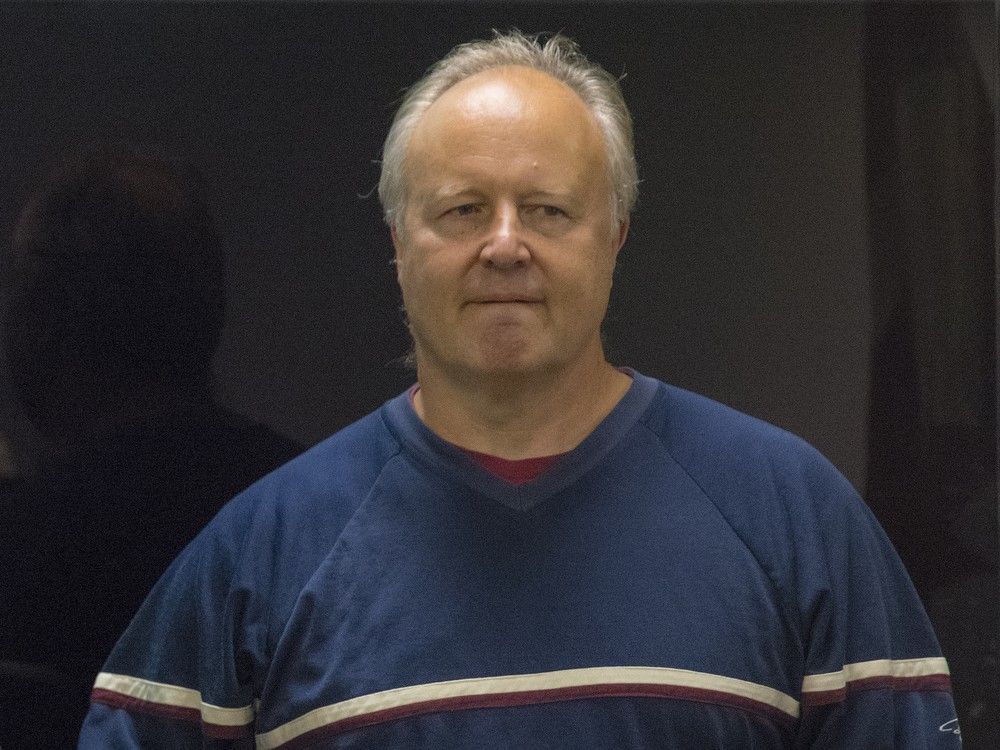
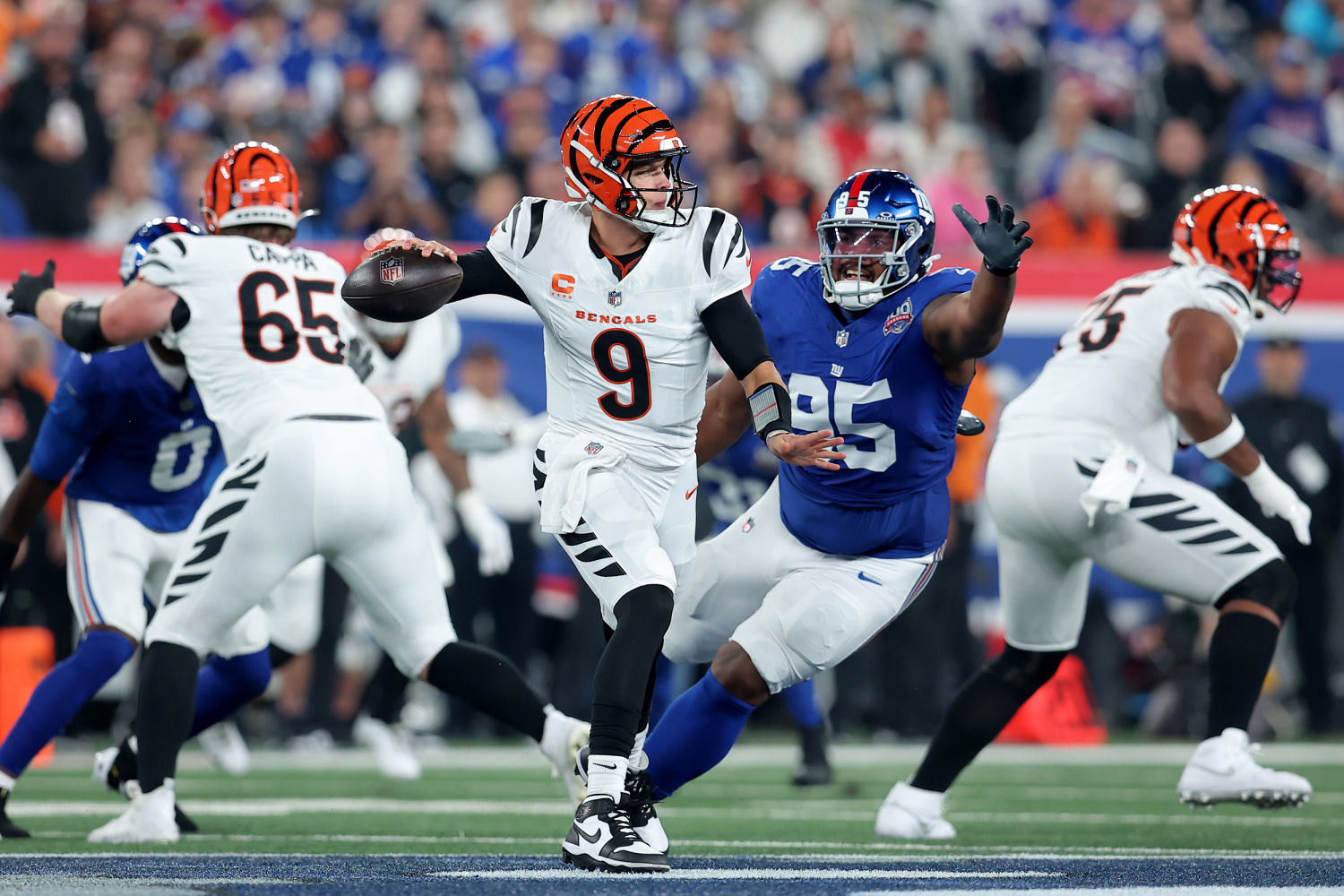
 Bengali (BD) ·
Bengali (BD) ·  English (US) ·
English (US) ·